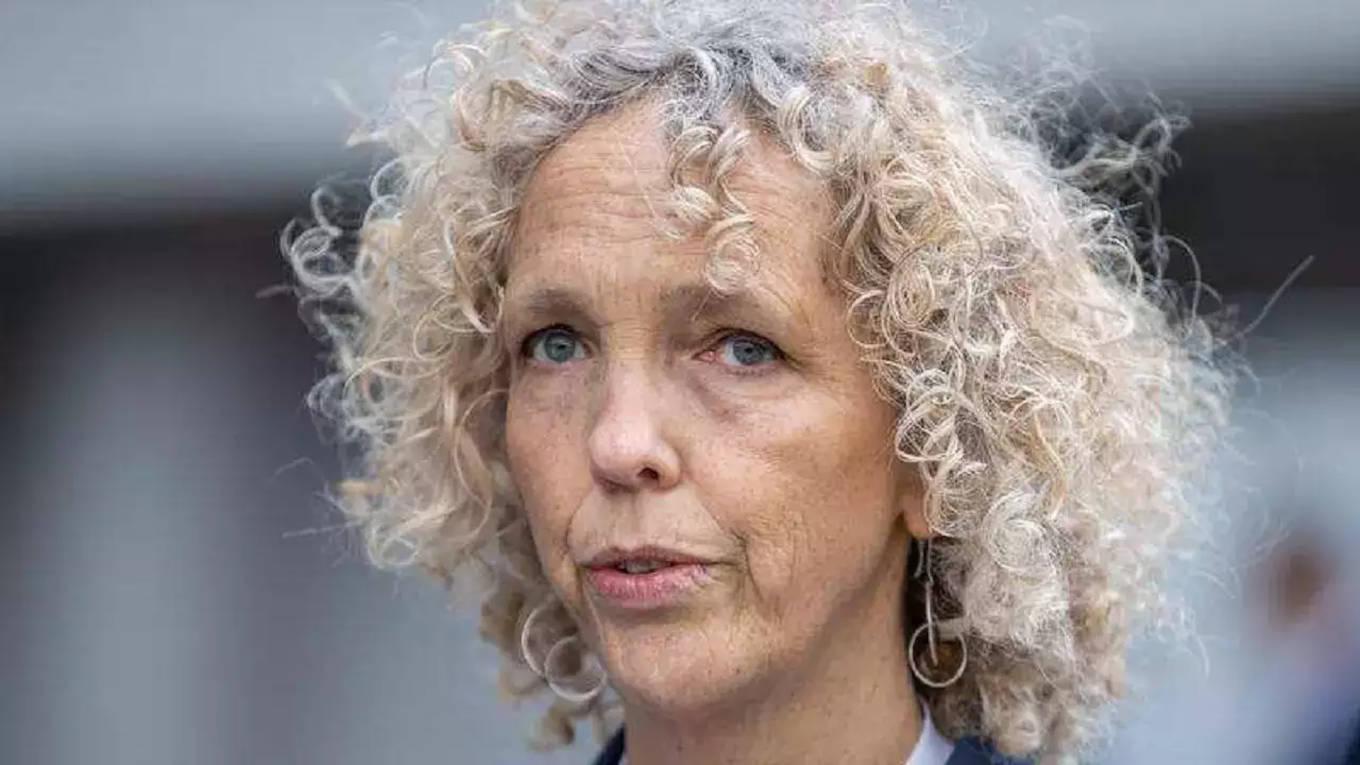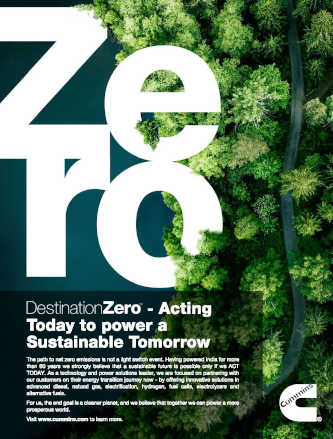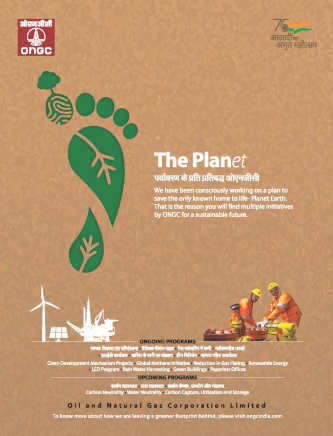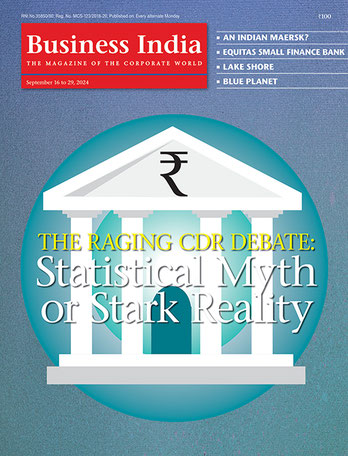German special envoy for international climate action Jennifer Morgan has hailed India's climate goals, saying both countries can work together in the areas like renewables, green hydrogen and energy efficiency at a time when the world is vulnerable. “German-Indian collaboration is long and deep…I think around 60 years, we’re very honoured to work in that partnership with India, which we benefit from quite a lot and really been here to listen, understand, and see how we can deepen our collaboration,” said Morgan. “We are far away from what is needed on our climate on implementing the Paris Agreement. And I think right now having time to sit and listen to each other and see how we can work together is very, very important,” said Morgan. “The Indian government's pathway like the net zero goal to 2070 and the impressive non-fossil goals that have been set. We're looking to see how we can work together more. We have lots of collaboration on areas like renewables, green hydrogen Energy Efficiency. I think the G20 presidency is preparing that in a very sound way, having the climate change issue really integrated across the various working groups, very impressive.” Morgan said that Germany in 2022 accelerated the energy transformation, and passed the largest legislative package on energy. “We also know that the more we are able to reduce emissions, we’re able to transform our economies to zero carbon and less impacts there will be. So, we take our responsibility very seriously.” Morgan said: “We have a 2045 greenhouse gas neutral climate law, binding law, which looked are all targets to be in climate neutral by 2045. And last year, we actually accelerated that energy transformation. We passed the largest legislative package on energy. To scale up renewable energy to 80 per cent by 2030. We're at about 48 to 49 per cent right now, and we decided to do this for a range of reasons,” she added. She also said that Russia’s war of aggression against Ukraine just clearly highlighted the link between fossil fuel imports and energy and climate security and peace. “A year ago, 50 per cent of our imports of gas came from Russia and now we're down to zero imports of fossil fuels from Russia and so we've been diversifying our imports,” she added. "You need to remember that the developed countries pledged to $100 billion in Copenhagen and unfortunately that commitment has yet to be made, to be met. Germany takes our climate finance commitments very seriously, and I think we will continue to do that but we need to step it up,” Morgan said. “India is a climate policy giant that still has one foot firmly on the ground of the old world of fossil fuels, while also looking to the future. India has recognised the potential that a climate-neutral world offers and wants to tap this for itself. The country has ambitious plans for developing renewable energies and vast potential for solar and wind power and green hydrogen, with great opportunities for investment,” she added.
-

Morgan: how we can work together is very, very important























